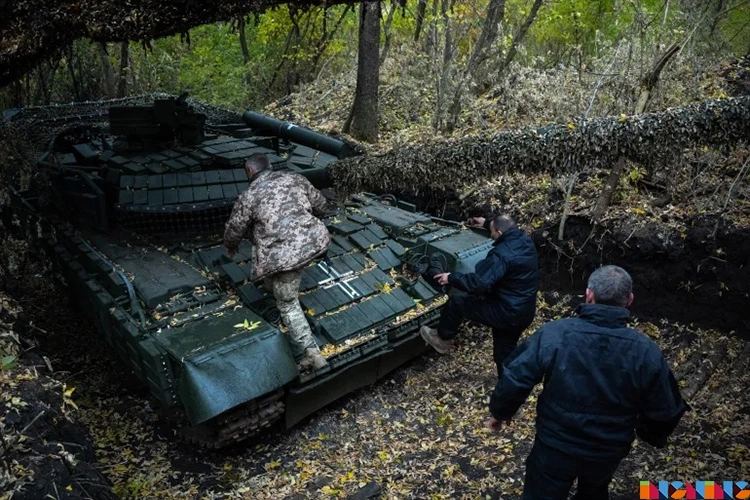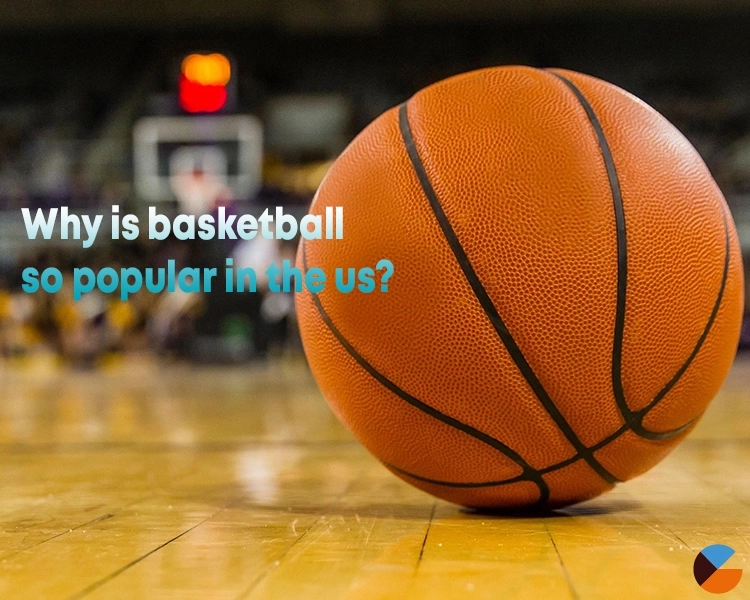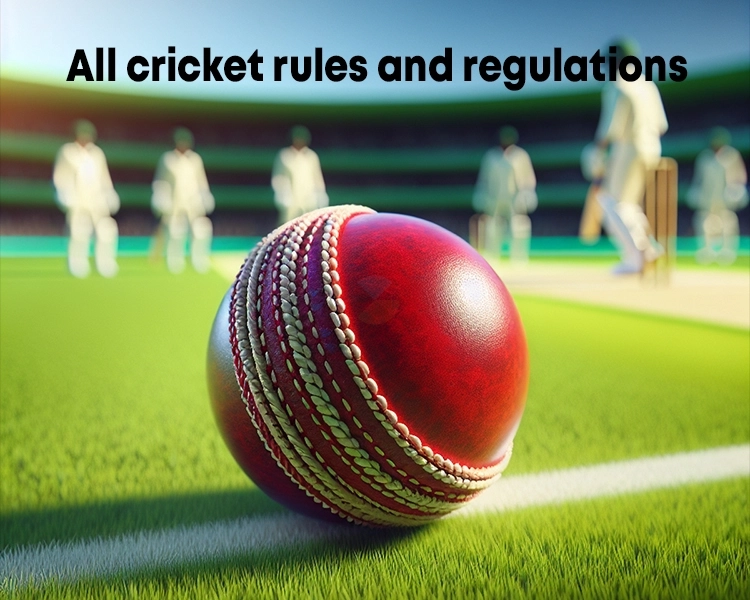Russia-Ukraine War: Ongoing Conflict and Its Global Impact on Security and Economy
The Russia-Ukraine War is an ongoing geopolitical conflict that has shaken the world and left significant impacts on global security, international relations, and economies. This war, which began in 2014 and escalated dramatically in 2022, has developed into one of the most consequential military and political conflicts of the 21st century. With massive consequences for Ukraine’s sovereignty, European stability, and the broader world economy, the conflict has underscored the essential role of diplomatic efforts and humanitarian aid. As it continues to unfold, the Russia-Ukraine War remains a critical issue for global leaders, impacting millions of lives and raising urgent questions about peace and security in our time.
Historical Background and Roots of the Conflict
The Russia-Ukraine War did not begin abruptly. It has deep-seated roots in the historical, cultural, and political ties between Russia and Ukraine. Following the collapse of the Soviet Union in 1991, Ukraine gained its independence, yet Russia maintained significant influence over Ukrainian politics, economics, and cultural life. Over the years, tensions between the two nations grew, particularly as Ukraine moved closer to Western Europe and expressed a desire to join NATO and the European Union.
In 2014, following Ukraine’s Euromaidan protests and the ousting of President Viktor Yanukovych, Russia annexed Crimea, a region with a Russian-speaking majority and historical ties to Russia. This event marked the beginning of the Russia-Ukraine War, leading to violent clashes in Eastern Ukraine, where pro-Russian separatists in the Donetsk and Luhansk regions declared independence. The ensuing conflict left thousands dead, displaced millions, and laid the groundwork for a larger military invasion in 2022.
2022 Escalation: A Turning Point in the Russia-Ukraine War
On February 24, 2022, Russian forces launched a large-scale invasion of Ukraine, marking a significant escalation in the Russia-Ukraine War. This invasion caught the world by surprise, as many believed diplomatic resolutions were possible. Russia’s actions, however, sparked worldwide condemnation and prompted severe sanctions from the United States, European Union, and other nations. The escalation changed the dynamics of the war, with Ukrainian forces putting up a staunch resistance, supported by Western countries that provided military equipment, financial aid, and humanitarian assistance.
This full-scale invasion highlighted Russia’s broader ambitions and its dissatisfaction with NATO’s expansion in Eastern Europe. It also revealed the risks of military intervention in an increasingly interconnected world. The Russia-Ukraine War quickly became not just a regional crisis but a global conflict with widespread ramifications.
Global Security Risks and NATO’s Response
One of the most significant aspects of the Russia-Ukraine War is its impact on global security. Russia’s invasion of Ukraine has shifted Europe’s security landscape, prompting many nations to reconsider their defense strategies and alliances. NATO, the North Atlantic Treaty Organization, has responded by reinforcing its eastern flank, deploying more troops and resources to countries close to Russia’s borders. Additionally, nations like Finland and Sweden, historically neutral, have moved closer to NATO, seeking membership to strengthen their security.
This war has highlighted the risks associated with nuclear weapons as well. Russia’s hints about its nuclear arsenal and its control over Ukraine’s nuclear power facilities, including Chernobyl, have raised alarm globally. The Russia-Ukraine War has reminded the world of the catastrophic potential of nuclear conflicts, increasing the urgency for diplomatic efforts to prevent any escalation to that level.
Economic Impacts of the Russia-Ukraine War
The Russia-Ukraine War has had severe economic impacts, affecting global markets, energy prices, and food supplies. Russia is one of the world’s largest producers of oil and natural gas, while Ukraine is a significant exporter of wheat, corn, and sunflower oil. The disruption of these supplies due to the war has led to increased prices for energy and food worldwide, affecting both developed and developing nations.
1. Energy Crisis in Europe
Europe has been particularly affected by the energy implications of the Russia-Ukraine War. With its heavy reliance on Russian oil and gas, Europe faced an energy crisis when sanctions on Russia took effect, and Russia, in turn, restricted energy exports. This has forced European countries to seek alternative energy sources, driving up prices and causing an economic ripple effect. Countries such as Germany and Italy have accelerated their transition to renewable energy, but the process is complex and costly, highlighting the vulnerabilities in global energy security.
2. Food Shortages and Inflation
Ukraine, known as the "breadbasket of Europe," is a major supplier of wheat and other grains. The conflict has severely affected agricultural production and disrupted exports from Ukrainian ports. This has contributed to food shortages and price hikes, especially in countries across Africa and the Middle East, which heavily depend on Ukrainian grain imports. The Russia-Ukraine War has underscored the importance of stable food supply chains and has spurred international efforts to find alternative food sources or shipping routes to avert a larger crisis.
Humanitarian Crisis and Global Aid Efforts
The Russia-Ukraine War has created one of the largest humanitarian crises in recent history. Millions of Ukrainians have been forced to flee their homes, leading to a massive refugee influx into neighboring countries such as Poland, Hungary, and Romania. These nations, along with humanitarian organizations, have mobilized resources to provide shelter, food, medical care, and psychological support for those affected.
International humanitarian aid has played a vital role in supporting Ukraine’s resilience amid the war. The United Nations, Red Cross, and numerous non-governmental organizations have been involved in delivering aid to conflict zones, despite the risks. The Russia-Ukraine War has underscored the need for coordinated global aid responses in times of conflict and the importance of supporting civilians caught in the crossfire.
Diplomatic Efforts and Obstacles to Peace
Diplomatic efforts to resolve the Russia-Ukraine War have been ongoing but fraught with challenges. Multiple rounds of negotiations have been attempted between Russian and Ukrainian officials, often facilitated by neutral countries like Turkey. However, substantial differences in the demands of both sides have made it difficult to reach a sustainable ceasefire or peace agreement.
Russia’s key demands include Ukraine’s neutrality and assurances that it will not join NATO, while Ukraine insists on the withdrawal of Russian forces from its territory. Additionally, the war has raised questions about territorial integrity and national sovereignty, complicating the peace process. Despite numerous attempts, a comprehensive and lasting resolution remains elusive, highlighting the difficulties in achieving diplomatic success in such high-stakes conflicts.
Impact on International Relations and Global Alliances
The Russia-Ukraine War has had a profound impact on international relations, causing a realignment of global alliances. Western countries, united in their condemnation of Russia, have imposed sanctions on Russian businesses, banks, and political figures, isolating Russia economically and politically. The war has strengthened the transatlantic alliance between the U.S. and Europe, with both sides cooperating more closely to counter Russian aggression.
Meanwhile, other global powers, such as China and India, have adopted more neutral or nuanced positions. China, in particular, has avoided taking a definitive stance, balancing its relationship with Russia with its economic ties to the West. This complex web of alliances and responses underscores the interconnectedness of the modern world and the difficulty of maintaining neutrality in a conflict as far-reaching as the Russia-Ukraine War.
Long-Term Implications for Global Governance
As the Russia-Ukraine War continues, it raises critical questions about the future of global governance, international law, and the enforcement of sovereignty. Russia’s actions have been widely criticized as a violation of Ukraine’s territorial integrity, challenging the norms established by the United Nations. This conflict has highlighted the limitations of current global governance structures in preventing or managing large-scale conflicts between major powers.
The war has also underscored the importance of reforming global institutions to ensure that they can respond effectively to crises. Discussions on whether the United Nations and other international bodies should be reformed to address the needs of a changing world order have gained momentum, as the Russia-Ukraine War exposes gaps in the existing framework of international peacekeeping and conflict resolution.
The Path Forward: Prospects for Peace and Stability
The Russia-Ukraine War remains an ongoing conflict with an uncertain future. As of now, peace seems elusive, and both sides appear entrenched in their positions. However, diplomatic efforts continue, and there is hope that a ceasefire or long-term peace agreement may eventually be possible. The international community, meanwhile, must remain committed to supporting diplomatic efforts, providing humanitarian assistance, and promoting stability in the region.
In the meantime, the war has spurred significant changes in global security, economy, and international relations. The lessons learned from the Russia-Ukraine War will likely shape future policies, particularly in terms of defense strategies, energy independence, and food security. As the world watches the developments in Ukraine, it becomes clear that the outcomes of this war will have lasting consequences not just for the region but for the entire global community.
The Russia-Ukraine War is a conflict that has far-reaching impacts beyond the battlefield. From disrupting global energy supplies to causing severe humanitarian crises, the consequences of this war touch nearly every corner of the globe. As it continues to unfold, the world remains invested in finding a resolution, understanding that the implications of the Russia-Ukraine War extend well beyond Ukraine’s borders and affect the stability and prosperity of nations worldwide.









 Ingning
Ingning







